For better or worse, medical practices are experiencing change. While many physicians are looking to expand their practice, other physicians are seeking a divorce from their current group.


For better or worse, medical practices are experiencing change. While many physicians are looking to expand their practice, other physicians are seeking a divorce from their current group.
In the more than ten years that Paul Levine, MD, FACS, has served as chair of otolaryngology and head and neck surgery at the University of Virginia in Charlottesville, he has heard his share of complaints about high-powered surgeons who are difficult to work with.
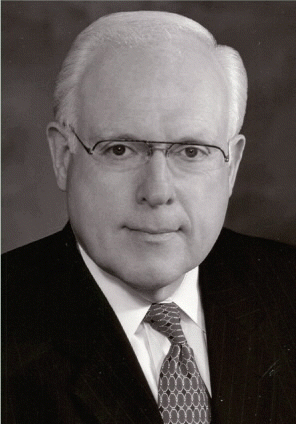
PHOENIX-With the election of President Barack Obama and with lawmakers in Washington poised to overhaul the health care system, with patients’ faith in their doctors faltering, and with health costs continuing to rise and quality becoming ever more questionable, Gerald B. Healy, MD, took the lectern for his keynote address here as if he were taking the helm of a ship at risk of being capsized by stormy seas.
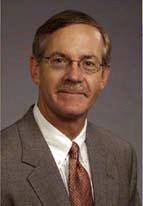
With the advent of fiberoptic and distal-chip scopes and other innovations, otolaryngologists are now able to perform many laryngeal diagnostic and therapeutic procedures on awake patients in the in-office setting rather than on fully anesthetized individuals in the operating room.
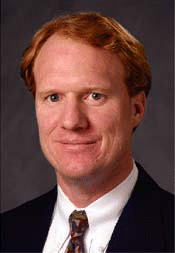
Electronic medical records (EMR) are to health care professionals what world peace is to humanity-everyone wants it, but not everyone agrees how to go about it.

Heading into the real world of practice after completing residency is a daunting task, fraught with perils. Will you get into a practice you like? Will there be sufficient support staff?
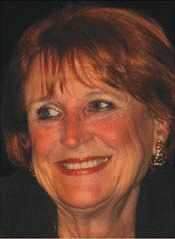
Disease-specific outcomes measures in otolaryngology-head and neck surgery can be completed by your patients before and after treatment, enabling tracking of these important outcomes with a minimum of disruption to the normal practice routine
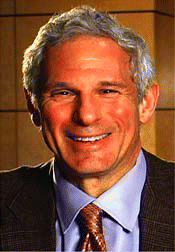
More often than not, today’s medical offices are businesses employing numerous staff people, as well as other physicians.

When the team of otolaryngologists from Children’s Hospital in Boston, including Drs. David Roberson and Rahul Shah, among others, investigated the classification of errors and physician responses to errors as it is germane to otolaryngology, they provided a great service to their fellow specialists.
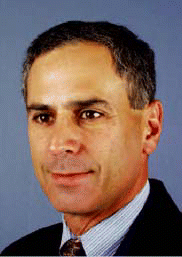
As otolaryngologists are performing more procedures on an in-office basis, more are also using conscious sedation in the clinic setting.